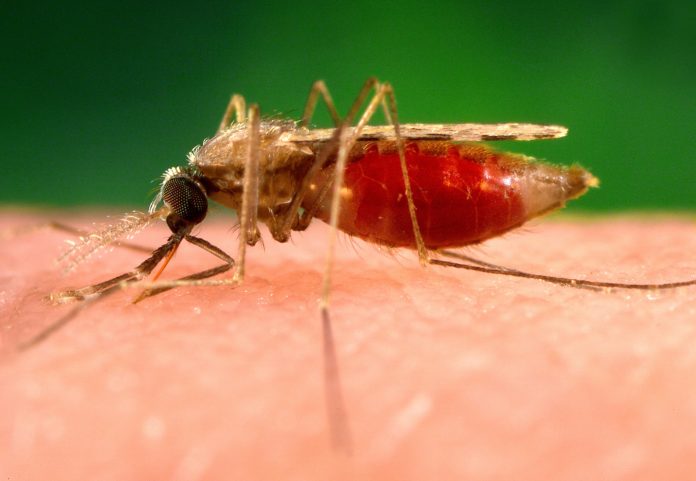The very deadliness of the Zika virus for babies is the basis of its potential as a treatment for cancer
Zika virus, long feared for its severe affects on pregnant mothers and unborn babies, may hold potential as a cancer treatment for neuroblastoma, a rare- but-deadly childhood cancer.
According to early findings from basic research published in PLOS ONE, the very deadliness of the Zika virus for babies is the basis of its potential as a treatment for cancer. This basic research provides the groundwork for future investigations, but more studies are required to determine if it will lead to new treatments.
“The same thing that makes Zika so detrimental to unborn babies gives it promise as a cancer treatment. Its attack on developing nerve cells, the same type of cells neuroblastoma develops from, allows the virus to target these cancer cells and leave normal cells alone,” said Kenneth Alexander, MD, PhD, Chief of the Division of Infectious Diseases at Nemours Children’s Hospital in Orlando.
Neuroblastoma tumors account for only six percent of all childhood cancers but cause a disproportionately high number (15 percent) of childhood cancer deaths
This exciting area of research has enormous potential to provide new treatment options for a condition that currently has few good options. Neuroblastoma tumors account for only six percent of all childhood cancers but cause a disproportionately high number (15 percent) of childhood cancer deaths. Most cases do not respond well to current standard treatments of aggressive chemotherapy and radiation, resulting in high mortality and a desperate need to identify new therapies for high-risk neuroblastomas.
“Neuroblastoma is a challenging childhood cancer that is in need of innovative therapies. By targeting the developing nerve cell from which neuroblastoma arises, Zika virus may serve as a potential adjunctive treatment. The mature nerve cells are unaffected by the Zika virus infection in cell culture,” said Tamarah Westmoreland, MD, PhD, Pediatric General and Thoracic Surgeon at Nemours Children’s Hospital in Orlando.
Researchers at Nemours Children’s Hospital in the labs of Drs. Tamarah Westmoreland and Kenneth Alexander as well as Dr. Griffith Parks at the University of Central FL tested the impact of Zika viruses on neuroblastoma cell lines. The results of this basic research are being validated in animal models. This will direct their future research to investigate the possibility of treating neuroblastoma and other cancers with similarities using the Zika virus.


